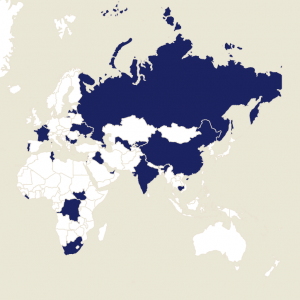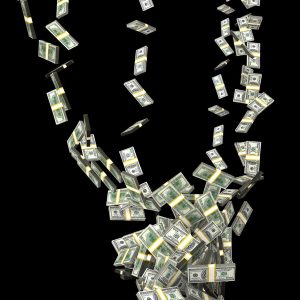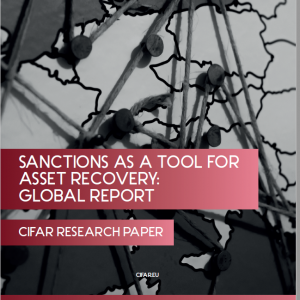With the help of their corrupt networks, kleptocrats steal billions from their citizens every year. Anti-corruption sanctions have been imposed against high-ranking public officials by several jurisdictions as a way to prevent them from removing their corruptly acquired wealth and to give law enforcement agencies the opportunity to launch investigations and legal action to recover that wealth.
Anti-corruption sanction regimes
There are many types of sanctions put in place by international bodies and autonomous jurisdictions, using various political, financial and trade tools to influence particular countries, groups or individuals. Unilateral measures imposed by jurisdictions in the framework of their foreign policy that apply financial sanctions in response to corruption allegations – anti-corruption sanctions – are one form of these.
This type of sanction freezes the assets of persons accused of the misappropriation of state funds, prohibits any funds from being made available to them and sometimes also bans them from traveling to the sanctioning country via visa bans.
Jurisdictions implementing these kind of anti-corruption sanctions include: the US, Canada, the EU, the UK, Switzerland and Australia.
Resources
Sanctions Watch
Our sanctions watch website collects information on individuals sanctioned for corruption across the world and 6 different regimes: Canadian sanctions under the Freezing Assets of Corrupt Foreign Officials Act and the Justice for Victims of Corrupt Foreign Officials Act; EU misappropriation sanctions (Ukraine, Tunisia); Swiss asset freezing sanctions under the Foreign Illicit Assets Act (Ukraine); UK sanctions under the Global Anti-Corruption Sanctions Regulations; and US sanctions under the Global Magnitsky Human Rights Accountability Act.
Through this website we gather more detailed information that is published by sanctioning authorities and highlight when individuals are sanctioned across multiple regimes, as well as organising sanctioned persons by country of nationality.
From Sanctions to Investigations
Effectively addressing illicit financial flows depends on anti-corruption investigations and asset recovery. Our report, From Sanctions to Investigations, provides an examination of the intersection of sanctions and anti-corruption investigations, and highlights the critical legal and policy frameworks that govern this process.
This report demonstrates the need for policymakers to assess and strengthen the tools available for asset recovery in the context of sanctions. It invites a thorough consideration of anti-corruption strategies with a view to strengthening measures against illicit financial flows.
Sanctions as a tool for asset recovery
One of the tools increasingly being used to fight against stolen public funds are sanctions that impose asset freezes. However, despite an increase in the usage of such sanctions to fight corruption, only some sanctions regimes have been designed specifically to aid also in the recovery of misappropriated funds to countries of origin and, as such, provide a direct link to the seizure, forfeiture and recovery processes.
Our research, across one global, four country and one EU specific report explores the growing use of anti-corruption sanctions and explains the role that these sanctions can play as a preventative measure against corruption and as part of the early stages of asset recovery.



